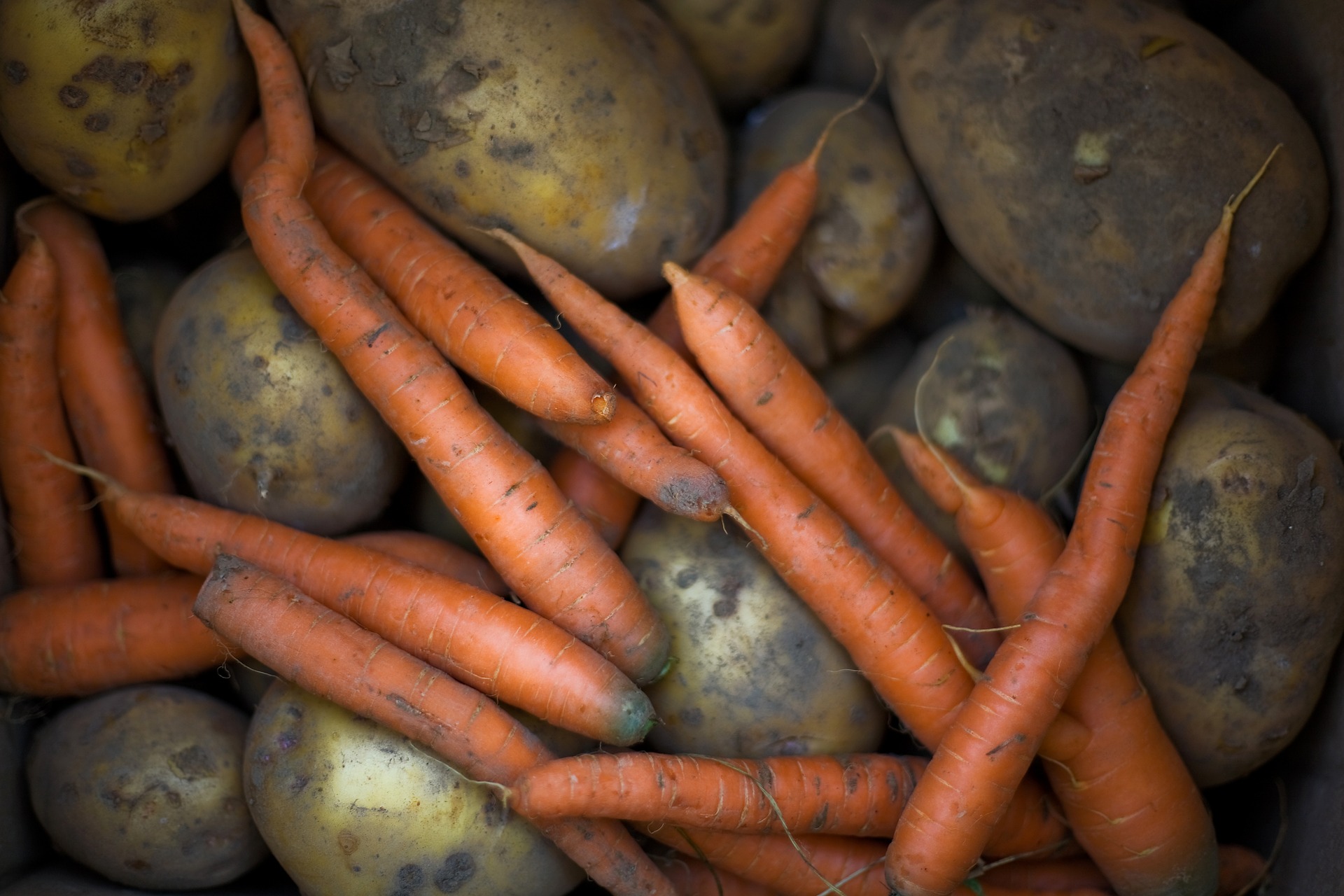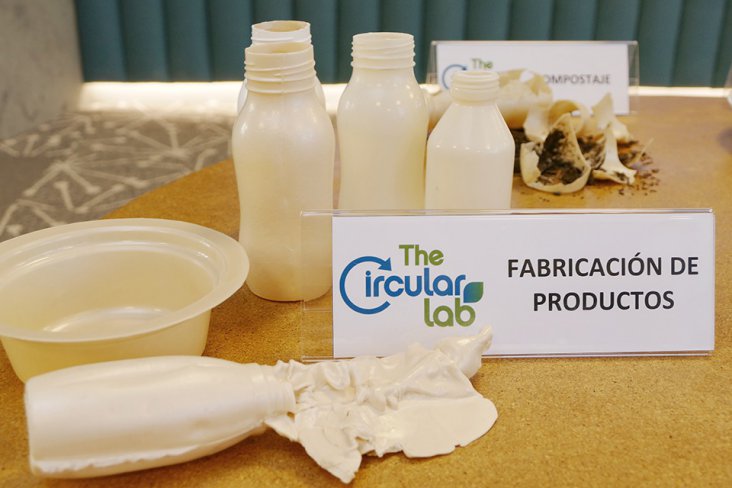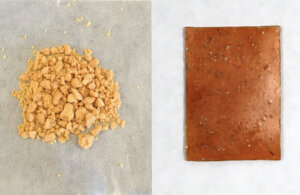This new material is obtained from plant waste (such as potatoes or carrots) and can be used to manufacture containers such as bottles or trays for food and beverages. (Credit: Thecircularlab.com)
Aware of the environmental impact of waste on nature, and of the need to commit to prevention in all areas, TheCircularLab, Ecoembes’s centre for innovation in the circular economy, today introduced a new plastic material as part of its commitment to having increasingly sustainable packaging in the future. According to their website Thecircularlab.com this material is biobased, meaning it is obtained from plant waste such as potato skins or any other plant waste, instead of petroleum, making it compostable, recyclable, and biodegradable in marine environments.
This sustainable plastic, which has been developed in concert with the AINIA technology centre and comes from 100% decomposing organic material, lays the foundation for an entire revolution in the field of circular economy. In addition, it could offer an alternative for treating waste from municipal markets and other facilities in which large quantities of this type of food are generated, thus helping not only to recycle this waste but to reduce food waste.
As for the process for obtaining this type of plastic, whose name is PHBV (PolyHydroxyButylValerate) and which is in the prototype phase, it is obtained by grinding the plant waste and extracting the glucose from it, which then feeds a microorganism that is responsible for producing the biopolymer from which it is manufactured. Like plastics made from other non-plant sources, it could be used to package food and/or beverage products. But unlike them, in addition to being recyclable, it can be composted and it even biodegrades in marine environments.










